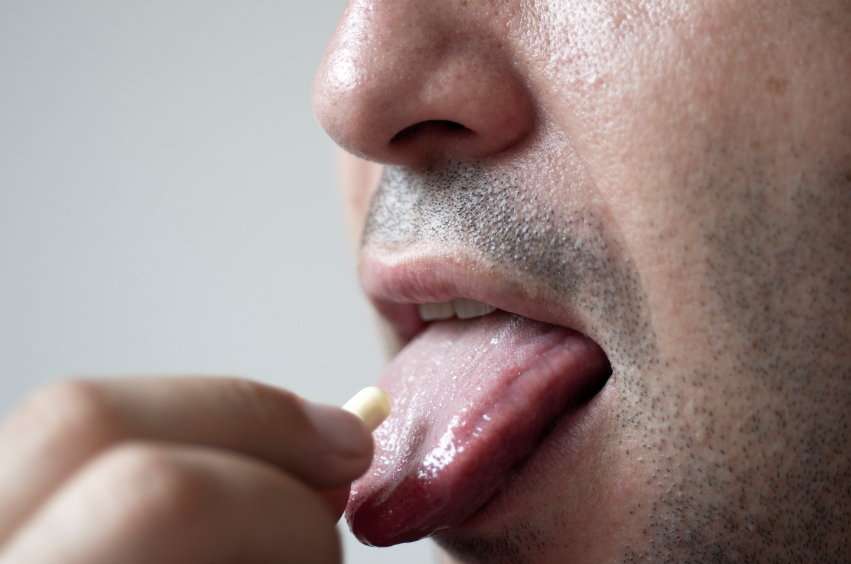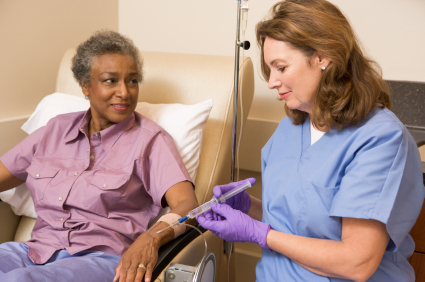Oral Scopolamine Promising for Depression
Intravenous scopolamine has shown promise as a rapid-acting antidepressant in studies by Carlos Zarate and colleagues at the National Institute of Mental Health (NIMH). Improvement on the drug can occur within 24 hours.
In a 6-week 2012 study, an oral preparation of scopolamine was more effective than placebo as an add-on medication to the selective serotonin reuptake intake (SSRI) antidepressant citalopram. Patients who received scopolamine and citalopram had higher rates of response and remission than those who received placebo and citalopram. The scopolamine group experienced more blurred vision and dizziness, which is to be expected from an anticholinergic drug, a drug that blocks the action of the neurotransmitter acetylcholine in the brain.
New Findings On IV Ketamine For Treatment-Resistant Depression
We’ve written before about the rapid-onset antidepressant effects of ketamine, an anesthetic that is used in human and veterinary medicine. At lower doses, intravenous (IV) ketamine can induce antidepressant effects in both unipolar and bipolar depressed patients. When doses of 0.5mg/kg are infused over a period of 40 minutes, antidepressant effects appear within two hours but are short-lived, typically lasting only three to five days. Results have been consistent across studies at Yale University, the Icahn School of Medicine at Mount Sinai, and the National Institute of Mental Health. So far, clinical use has been limited by the short duration of the effects and the required presence of an anesthesiologist, which can be prohibitively expensive for many patients.
In a cover story in the January 2013 issue of Psychiatric Times, Arline Kaplan reviewed new findings about ketamine. The drug is a high-affinity, noncompetitive NMDA-glutamate receptor antagonist. It is not yet FDA-approved for use in depression.
According to a recent article by Murrough and Charney, response rates to ketamine are around 54% and the drug “appears to be effective at reducing the range of depressive symptoms, including sadness, anhedonia [the loss of ability to experience pleasure], low energy, impaired concentration, negative cognitions, and suicidal ideation.”
David Feifel, Director of the Neuropsychiatry and Behavioral Medicine Program at the University of California at San Diego (UCSD), instituted a program there in which patients can receive treatment with ketamine for clinical purposes (rather than for research) after signing detailed informed consent forms and being warned that the treatment is not yet approved for depression and that its effects may be temporary. The UCSD Medical Center’s Pharmacy and Therapeutics Committee, with the support of the anesthesiology department, agreed that nurses may administer the ketamine in an outpatient setting, making the procedure more affordable.
There is still the question of how to make ketamine’s effects last. Read more



